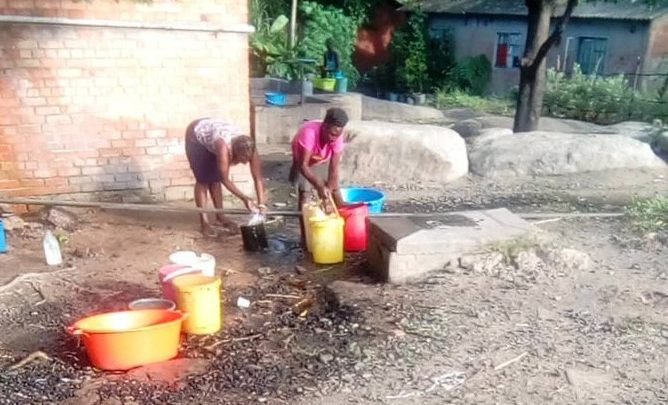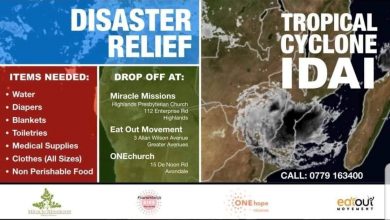
Some areas in Hwange have gone for 10 years without access to water while some households still use communal toilets, CITE can reveal.
The residents have raised health concerns saying these conditions are more likely to expose them to the highly infectious coronavirus (COVID-19).
Their concerns come after the country’s first coronavirus positive case was found in Victoria Falls, 100 kilometres from the mining town.
However, authorities said the 10 people who came into contact with the 38-year-old man tested negative.
In an interview with CITE, Greater Whange Residents Trust, Coordinator Fidelis Chima, said the threat of contracting the virus was high since there were no proper hygiene facilitates.
“Ngumija Township has gone for more than 10 years without running water from taps, while residents rely on their neighbouring suburbs to fetch water. This puts a strain on women and children who have to walk to access the water,” he said.
Chima noted that some parts of Hwange were not serviced by the local authority as industrial companies drew their own water from Zambezi River.
“The setup in Hwange is funny (sic) because parts where the Hwange Colliery, National Railways of Zimbabwe and Zimbabwe Electricity Supply Authority operate from have no water as these companies provide their own water, drawing from the Zambezi.
“Houses next to the Hwange Colliery are semi-detached and this is where one finds communal toilets where water is only available for two hours a day that is in the morning from 6am to 8am. Residents of Madumabisa, Lwendulu, Cinderella and Makwika have to fetch water in the morning and then wait till the next day,” he said.
The residents coordinator noted that since water was scarce, this forced women to disregard the national lockdown and social distancing as had to move around, looking for the precious liquid.
“This comes at a time when health experts are encouraging social distancing and high levels of hygiene to prevent the spread of the disease but in such cases, you discover that it is hard to enforce,” Chima said.
He highlighted that the residents’ association has turned to social media platforms to educate residents about the importance of practicing social distancing and good hygiene.
The government said Hwange District would be central in Matabeleland North’s response to the COVID-19 pandemic because of the tourism activities in Victoria Falls and construction at the Hwange thermal power station where there is a large number of Chinese nationals.
Zimbabwe has recorded nine confirmed cases of the disease so far with one fatality.
Meanwhile, concerns have also been raised over the plight of shack dwellers living in overcrowded settlements in Victoria Falls.
The resort town, with a population of over 33 000 people, has one of the largest numbers of people living in informal settlements and backyard shacks due to prohibitive rentals.






